What We Do
Generating policy models to address the privacy concerns and national security threats presented by biomanipulation and bio-collection.
“Biomanipulation,” a term coined by Professor Laura K. Donohue, poses a new and potentially dangerous form of manipulation that can undermine individual autonomy and decision-making. Data related to physiological and behavioral characteristics can be used to generate a deep understanding of an individual, allowing for highly targeted and effective manipulation.
Featured
The article posits that information disorder will become even more pronounced in fourth generation social media, as virtual and augmented reality and machine learning become increasingly common.
Learn More
ARTICLE
Biomanipulation
Biometric technologies have evolved from identification tools to powerful systems capable of analyzing and manipulating human emotions and behavior. Despite this shift, legal frameworks have not kept pace, leaving critical ethical and regulatory gaps unaddressed.
Learn More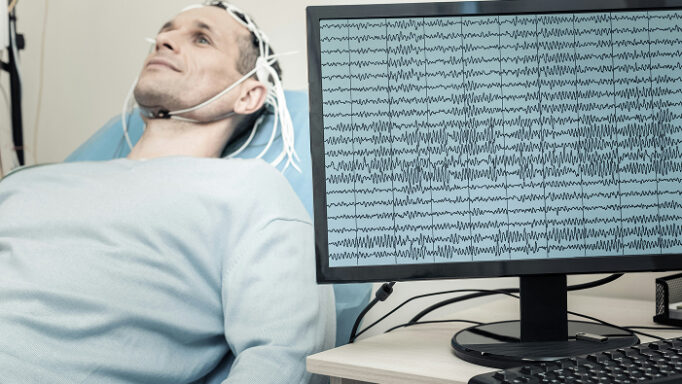
The history of public health law in general, and quarantine and isolation in particular, underscores several core constitutional questions discussed in this article.
Learn More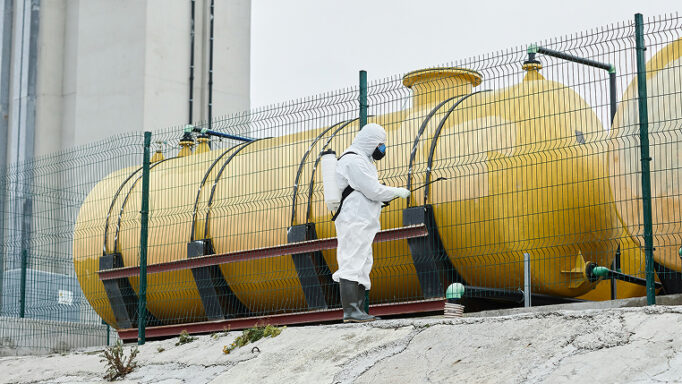
Research Paper
Biodefense and Constitutional Constraints
The United States and United Kingdom both frame the threat posed by pandemic disease and biological weapons as a national security concern. Where the United Kingdom and the United States part ways is in what they see as the role of the central government and most effective response to the twin threats. Why is it that the two countries, both of which consider pandemic disease and biological weapons to be a national security concern—and, indeed, link them in terms of potential identification and response—have such different approaches to the threat? This article suggests that the answer is deeply historical, shaped by each country’s unique experiences with disease, as well as each country’s constitutional framework.
Learn More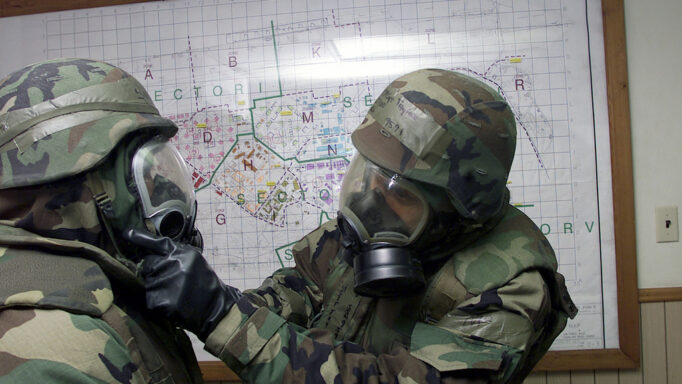
Federal interest in using facial recognition technology (“FRT”) to collect, analyze, and use biometric information is rapidly growing. This article calls for Congressional action and a judicial framing commensurate with the threat posed by these new and emerging technologies.
Learn More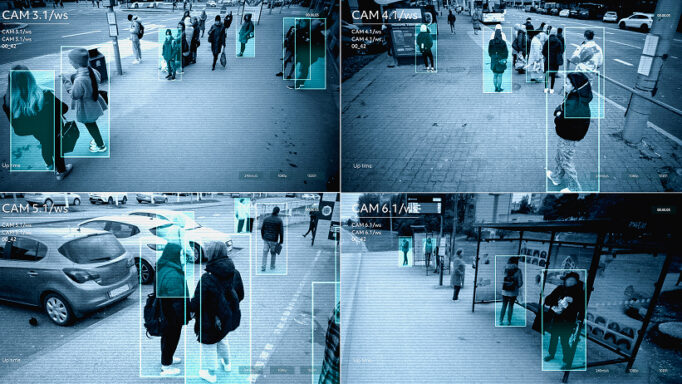
The rapid pace of technology presents tremendous opportunities as well as risks for U.S. national security. It also generates a certain amount of gray area as statutory and regulatory provisions fall behind the tech curve. It is not at all clear how existing doctrinal, statutory, and regulatory regimes apply to phenomena like the metaverse, artificial intelligence, cryptocurrencies, and biomanipulation. This course, accordingly, tackles the interstices between law and tech, particularly as it presents in the online world.
View All Courses
Georgetown Professor Laura Donohue coined the term “biomanipulation” to describe the ability of private and state actors to collect, surveil, predict and alter human behavior using biometric and other biological data produced by human bodies. Donohue worked with former NatSec Tech Fellow and program lead Jennifer Reich to conceptualize a project aimed at understanding and addressing this risk. With funding support from the McCourt School’s Tech & Public Policy Program, Professor Donohue is leading these groundbreaking efforts through the project, titled “Biomanipulation: The Looming Threat of the Social Media Frontier.” The goal of this work is to foster a new public dialogue around biomanipulation and the future of how data is collected and used from social media and a range of emerging technologies.
Learn More


Ziniya Zahedi
NatSec Tech Program Director
ziniya.zahedi@georgetown.edu
Related Focus Areas
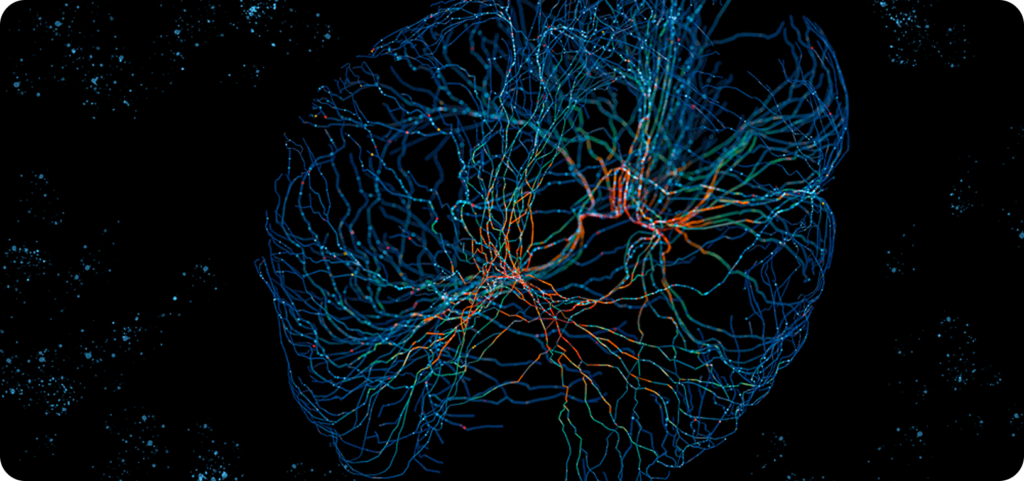
NatSec & Technology
The risks and opportunities at the intersection of national security law and emerging technologies.